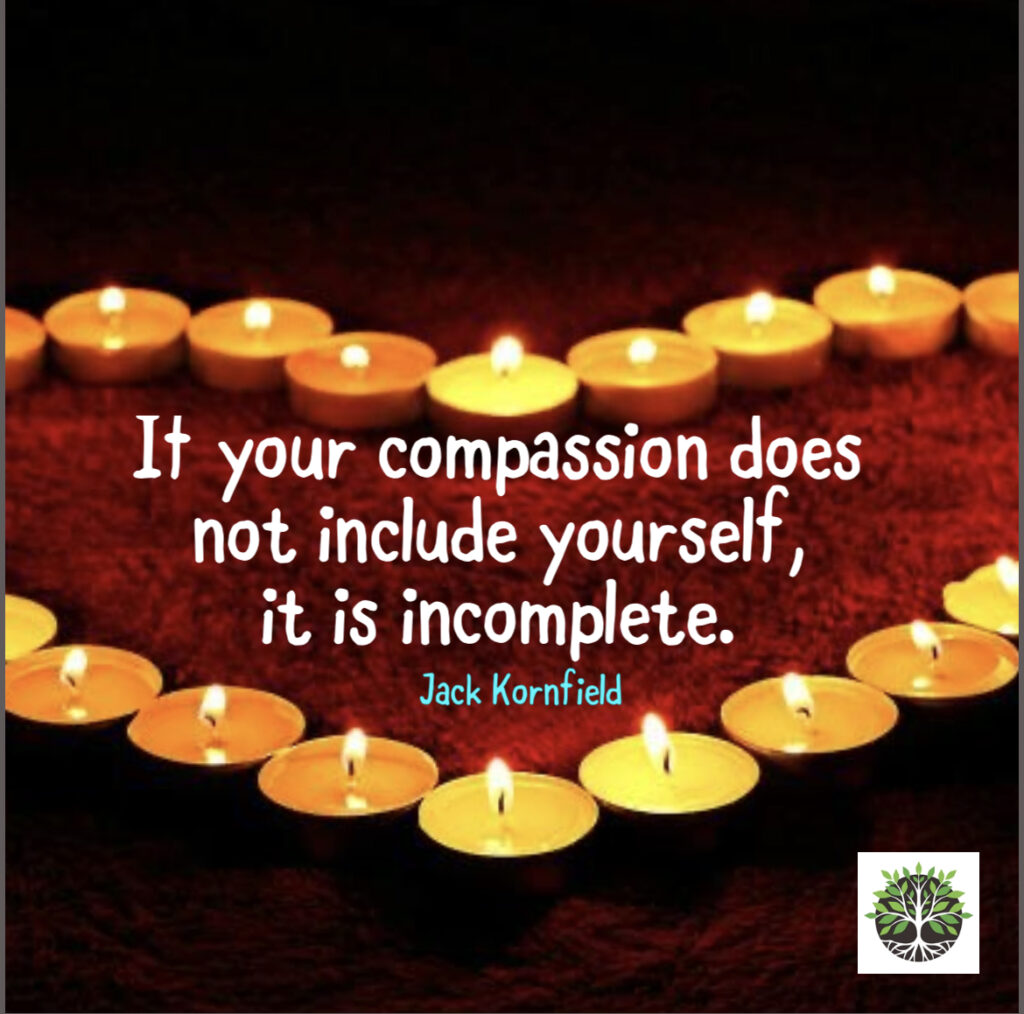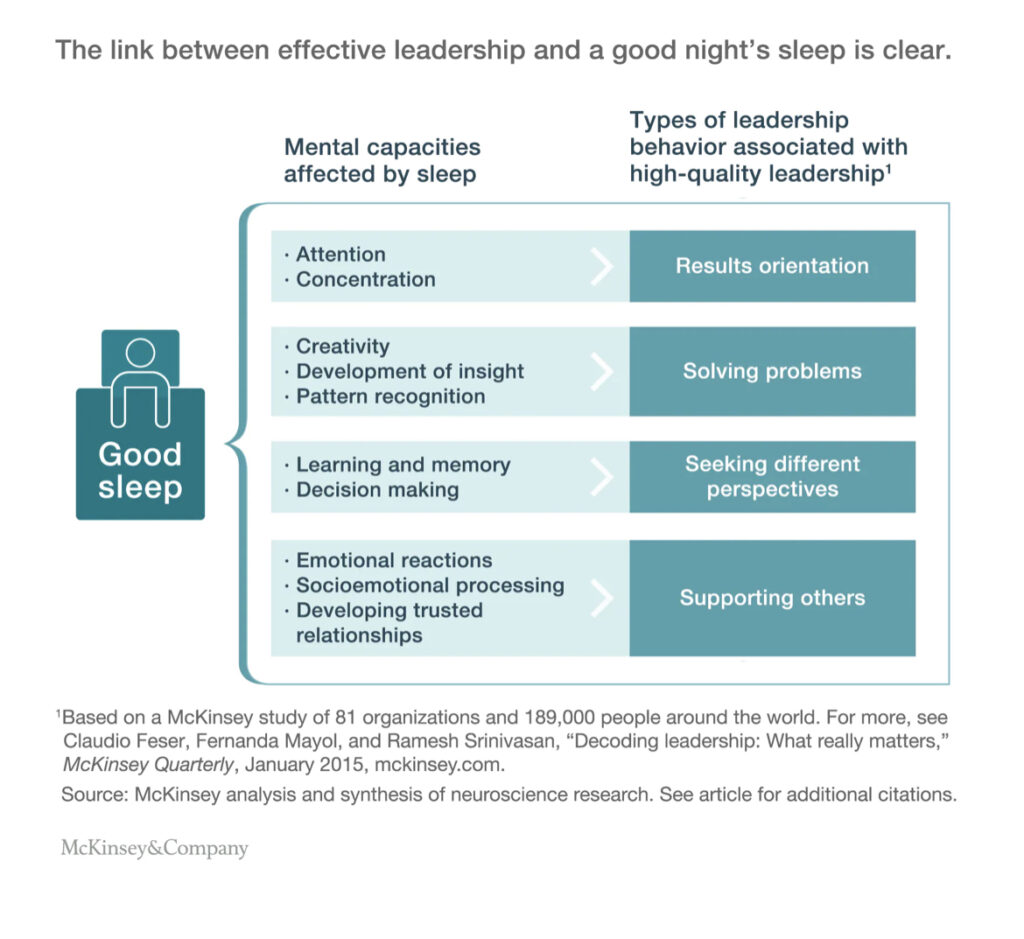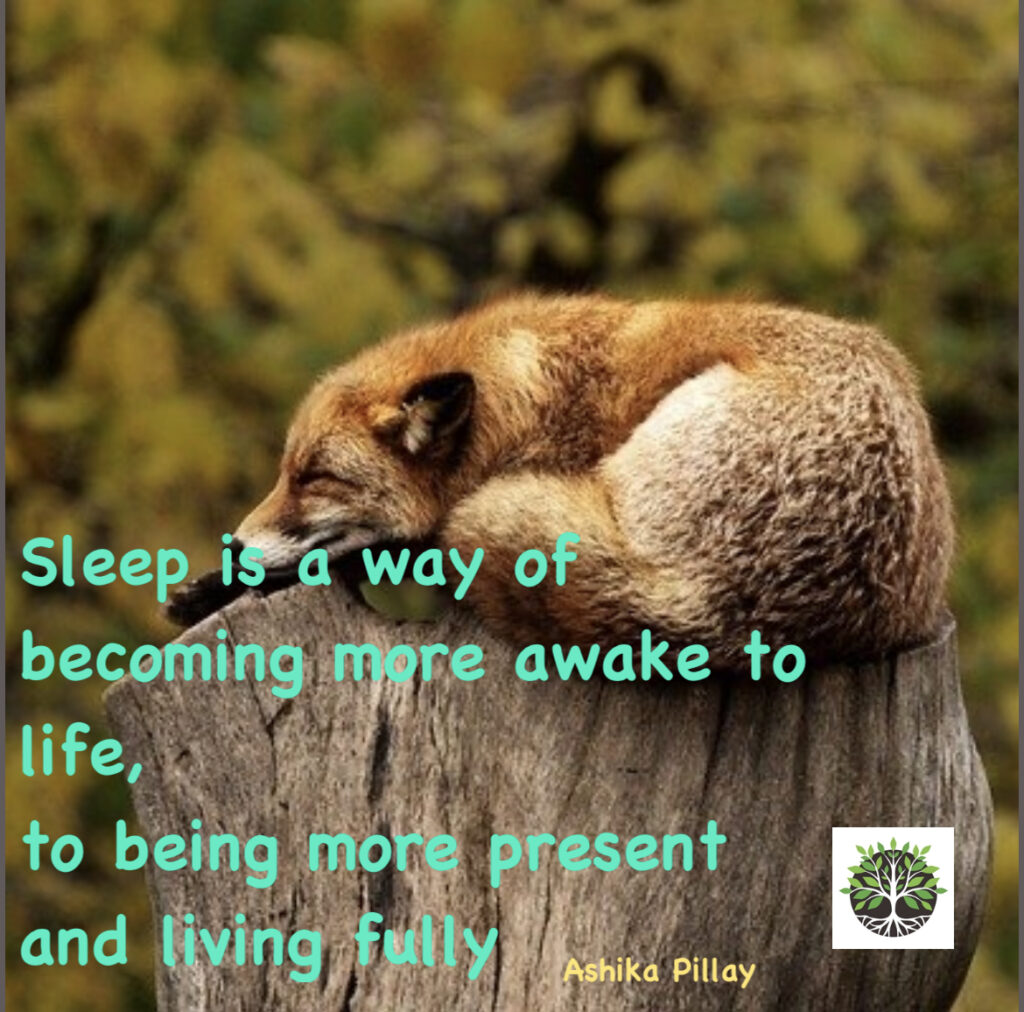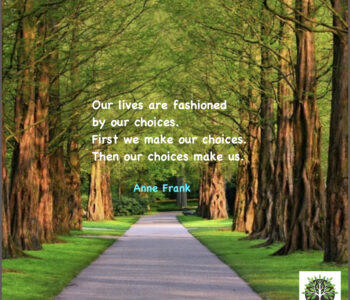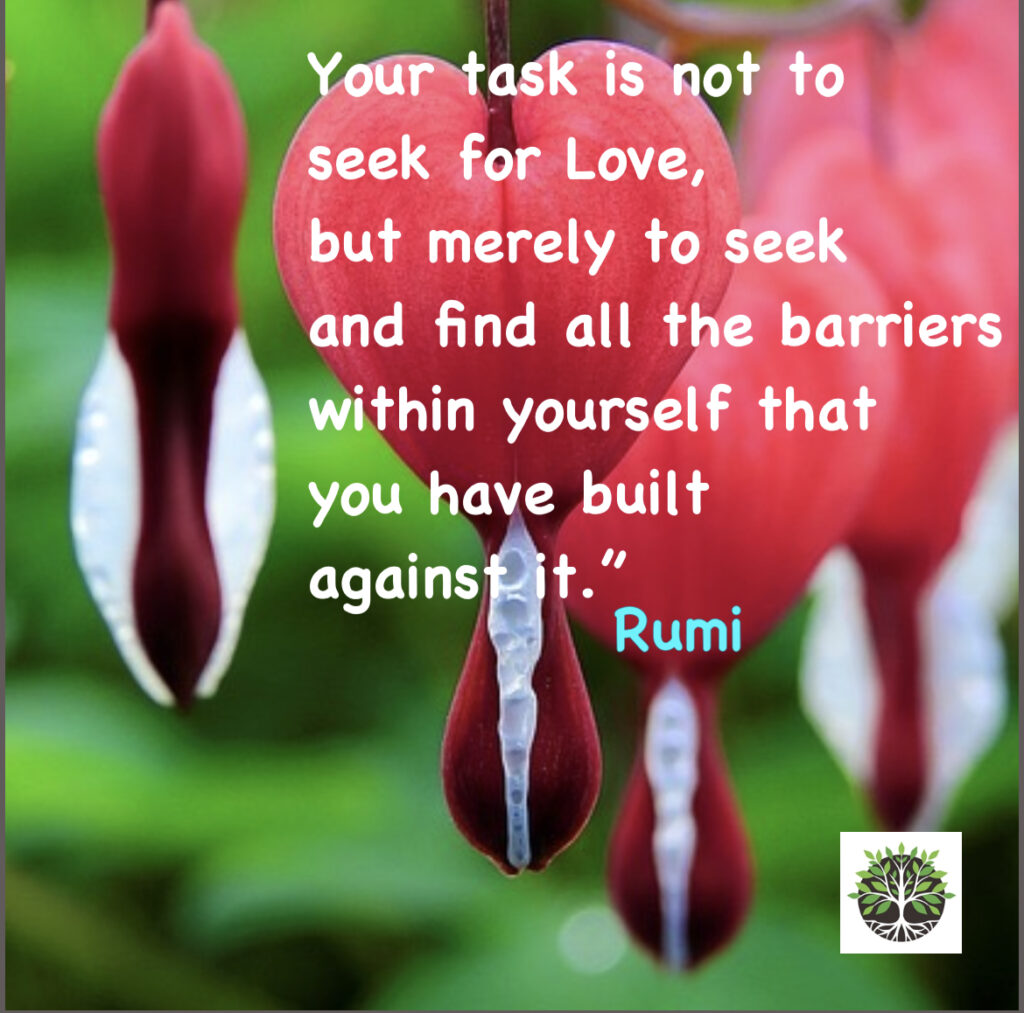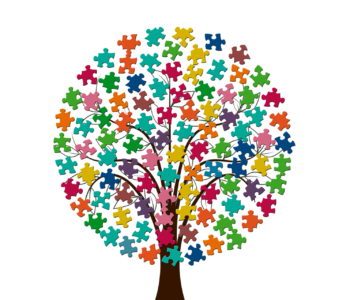 Uncategorized
Uncategorized
How am I doing?
It’s Monday morning, it’s been a rough weekend with a sick child, school activities and your diary for the week ahead looks messy to say the least. As you walk to your favourite coffee spot and muster up the energy to face reality, you bump into someone you know, as you place your order for your regular latte.“How are you doing?”you ask as you patiently wait to pay. You listen somewhat (in)attentively and exchange niceties, as you both wait to get on your way. While by this time of the day, you may have some semblance of an idea of how your friend is, have you checked in on how you are?
Why is it that we find it easier, even if it may be mechanical, to check in on others and not be able to check in on ourselves? Perhaps we don’t know how to, and have never been taught? Often times taking care of one-self is construed as being self-ish or that it’s a form of self pity or a sign of weakness. Perhaps we may not even believe that we are not worthy of our own care, that are others are, and that their needs are more important than our own. We may also believe that we would not be able to deal with the emotions that come up if we do attempt to check in? Yet, how can we be there for others if we are not there for ourselves first?
As you grab the coffee from the barrister, and make your way towards your calendar, you may have a sense of anxiety bubbling under, a concern about your child or a relationship matter that is a slow and steady leak on your internal energy resources. You go through the motions of getting stuff done, without acknowledging the drain, without seeing it, without making any attempt to solve the leak, and you end the day feeling tired and disconnected. In the paraphrased words of Jon-Kabat-Zinn, MIT professor and a pioneer who brought mindfulness into the West, it’s like we are living in a dream-like state. Never fully present to ourselves, let alone our work, our children and the things that matter most to us.
Waking up to the world, to the life that we have, the only one life, means waking up to ourselves first. To check in on how we are, in the moment. This “waking-up” can catalyse whatever pain or angst we may be experiencing. This is not a complex process, you don’t need to read a book or go on a course or consult with anyone else. You can experience this moment of presence, of care and the seed of compassion right in this very moment as you sit here reading this blog.
Here’s a simple practice:
1. Ask “How am I right now?” (You could do this walking to the coffee shop)
2. What emotions are here? (Answer in this way: XXX emotion is here. For example you may answer as “Anxiety is here, in this moment”
3. What sensations are here in my body? (You could answer: “My shoulders are tense, my heart feels faster than normal”)
4. Soften your stance, feel into your heart and with great care, allow whatever is here to be here. Give your anxiety and your tense shoulders space to be here.
5. Ask: “What do I need right now?” You may need nothing more as you complete this check in. You may have just needed that acknowledgement and checking in. You may need a short walk or a glass of water, or something else.
So, set a reminder to check in with yourself a few times a day. You could use your coffee break, or walk to the bathroom as a simple practical reminder, or you can set one up on your phone.
Acknowledging our own thoughts, feelings and emotions is the birthplace of self awareness, self-leadership and for deeply caring about others. The next time you bump into yourself making coffee, ask “How am I right now”. You may be surprised at how this simple practice can change your day, if not your life.
